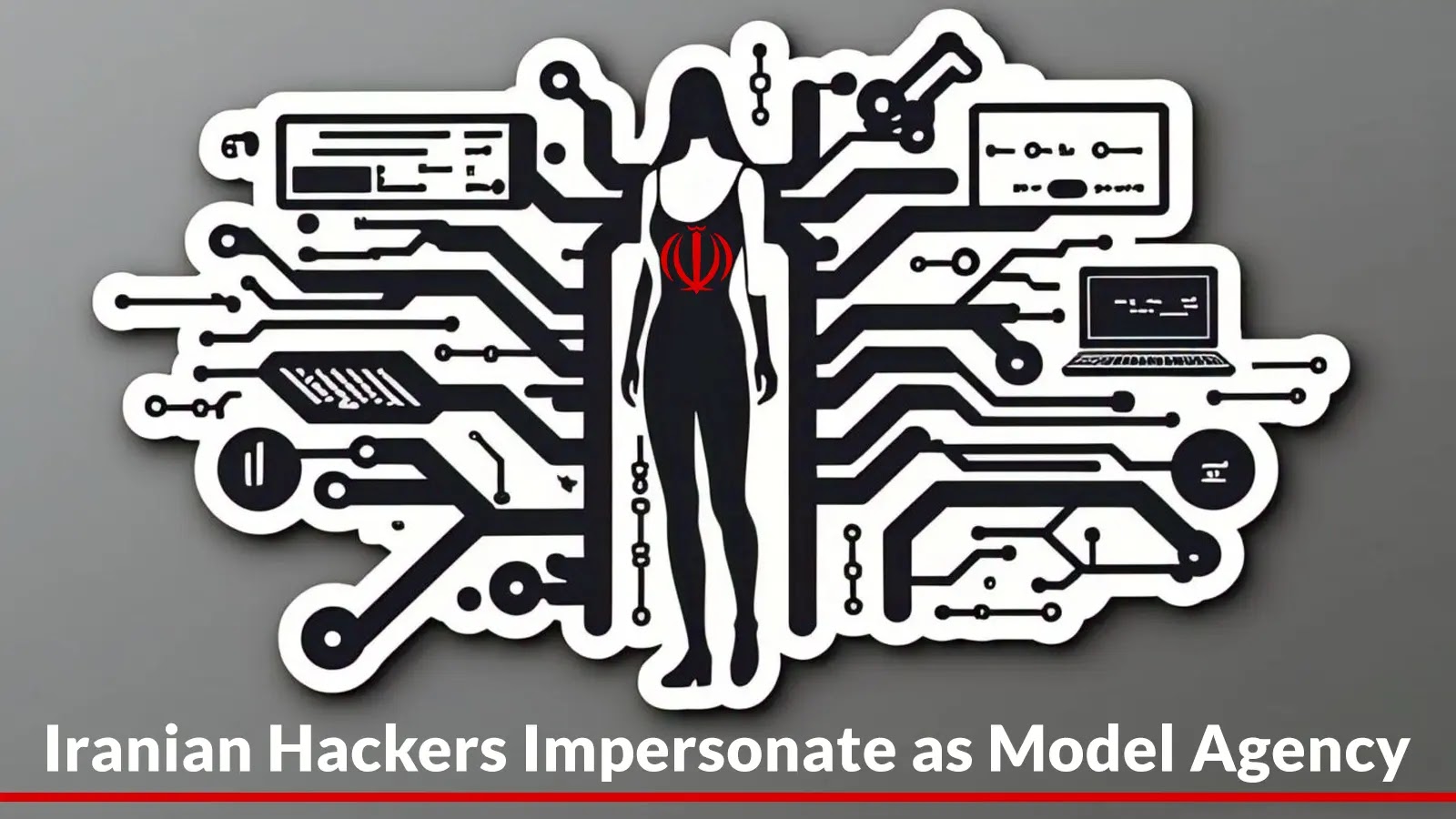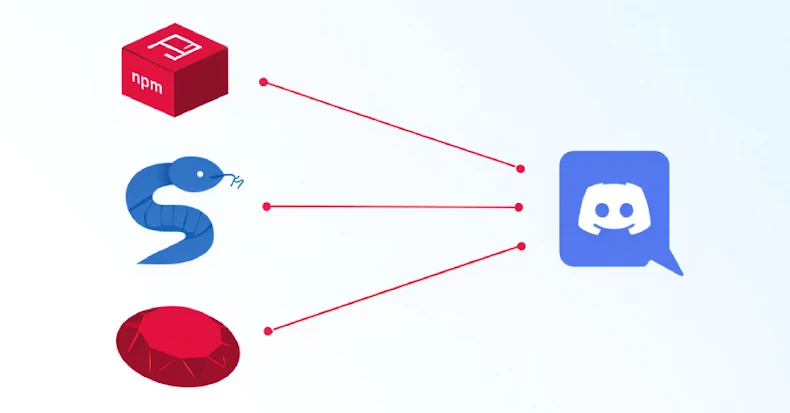In a significant security oversight, a developer at Elon Musk’s artificial intelligence company, xAI, inadvertently exposed a private API key on GitHub. This key remained publicly accessible for nearly two months, granting unauthorized access to proprietary large language models (LLMs) tailored for internal operations at SpaceX, Tesla, and Twitter/X. This incident underscores the critical need for stringent credential management practices, even within leading technology firms.
Discovery of the Leak
The security lapse was first identified by Philippe Caturegli, Chief Hacking Officer at security consultancy Seralys, who brought the issue to light on LinkedIn. Following this revelation, GitGuardian, a company specializing in detecting exposed secrets in code repositories, conducted a thorough investigation. Their automated scanning systems, which continuously monitor GitHub for sensitive credentials, detected the compromised API key on March 2, 2025.
Delayed Response and Prolonged Exposure
Despite GitGuardian’s immediate notification to the xAI employee responsible for the leak, the API key remained active and exploitable until April 30. It was only after GitGuardian escalated the matter directly to xAI’s security team that the key was revoked. This delay highlights potential gaps in internal monitoring and response protocols within xAI.
Extent of the Exposure
Eric Fourrier from GitGuardian reported that the exposed key provided access to at least 60 distinct datasets, including several unreleased and developmental versions of Grok models. Specifically, the credentials could be used to query private custom-trained models such as grok-2.5V (unreleased), research-grok-2p5v-1018 (development), and grok-spacex-2024-11-04 (private). These models appear to have been fine-tuned for handling internal data from Musk’s corporate network.
Mechanism of the Leak
The breach occurred through an environment variable file (.env) that was inadvertently committed to a public GitHub repository. This type of security incident is common when developers accidentally include credential files in their repositories. As one developer noted, Developers write tests inside the repos and run the git add command without checking anything. They neither add anything to the ignore file, so many keys are constantly being pushed to GitHub.
Lack of Public Comment and Repository Removal
xAI has not provided a public comment on the incident. However, the repository containing the exposed key was removed shortly after GitGuardian’s notification to the security team. This swift action suggests an acknowledgment of the severity of the breach and a commitment to mitigating its impact.
Implications and Lessons Learned
This incident serves as a stark reminder of the critical importance of robust secret management practices, even at cutting-edge AI companies handling proprietary and sensitive data. The prolonged exposure of the API key highlights weak key management and insufficient internal monitoring, raising questions about safeguards around developer access and broader operational security.
Broader Context of API Key Exposures
The xAI incident is not isolated. Similar breaches have occurred in other high-profile organizations, emphasizing the widespread nature of this issue. For instance, in December 2019, developers at Starbucks left an API key exposed in a public GitHub repository. This key granted access to the company’s JumpCloud API, potentially allowing attackers to execute commands on systems, add or remove users, and access sensitive data. The vulnerability was reported responsibly, and Starbucks took prompt action to revoke the key and secure their systems.
Statistics on Secret Leaks
The prevalence of such incidents is alarming. In 2023, GitHub users accidentally exposed 12.8 million authentication and sensitive secrets in over 3 million public repositories. Despite efforts to mitigate these leaks, a significant number of exposed secrets remain active for extended periods, posing substantial security risks. For example, research by Nightfall AI revealed that 35% of exposed API keys were still active, highlighting the critical need for organizations to implement effective secret management and monitoring practices.
Recommendations for Preventing Secret Leaks
To prevent similar incidents, organizations should adopt comprehensive secret management strategies, including:
1. Use of Environment Variables: Store sensitive information in environment variables rather than hardcoding them into source code. This practice reduces the risk of accidental exposure.
2. External Secret Management Services: Utilize dedicated secret management tools to securely store and manage credentials. These services offer features like automatic rotation and access control.
3. Version Control System Scanning Tools: Implement tools that scan for secrets before code is committed to repositories. This proactive approach can prevent accidental leaks.
4. Short-Lived Secrets: Employ short-lived credentials that expire after a set period. This limits the window of opportunity for potential exploitation if a secret is exposed.
5. Comprehensive Training: Educate developers on the importance of secret management and the risks associated with improper handling of credentials.
6. Regular Audits: Conduct periodic audits of code repositories to identify and remediate any exposed secrets promptly.
Conclusion
The xAI API key exposure incident highlights the ongoing challenges organizations face in securing sensitive information. It serves as a critical reminder of the importance of implementing robust secret management practices and fostering a culture of security awareness among developers. By adopting proactive measures and leveraging appropriate tools, organizations can significantly reduce the risk of credential leaks and enhance their overall security posture.



